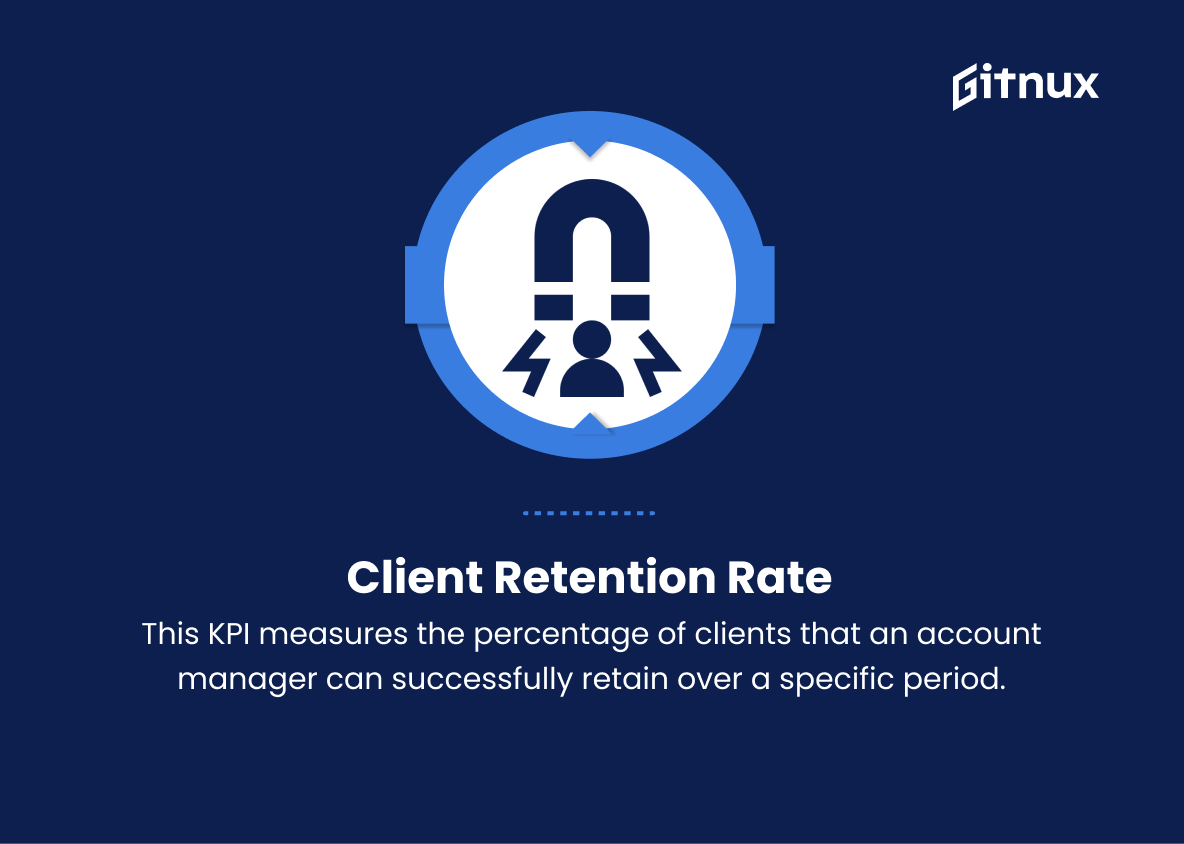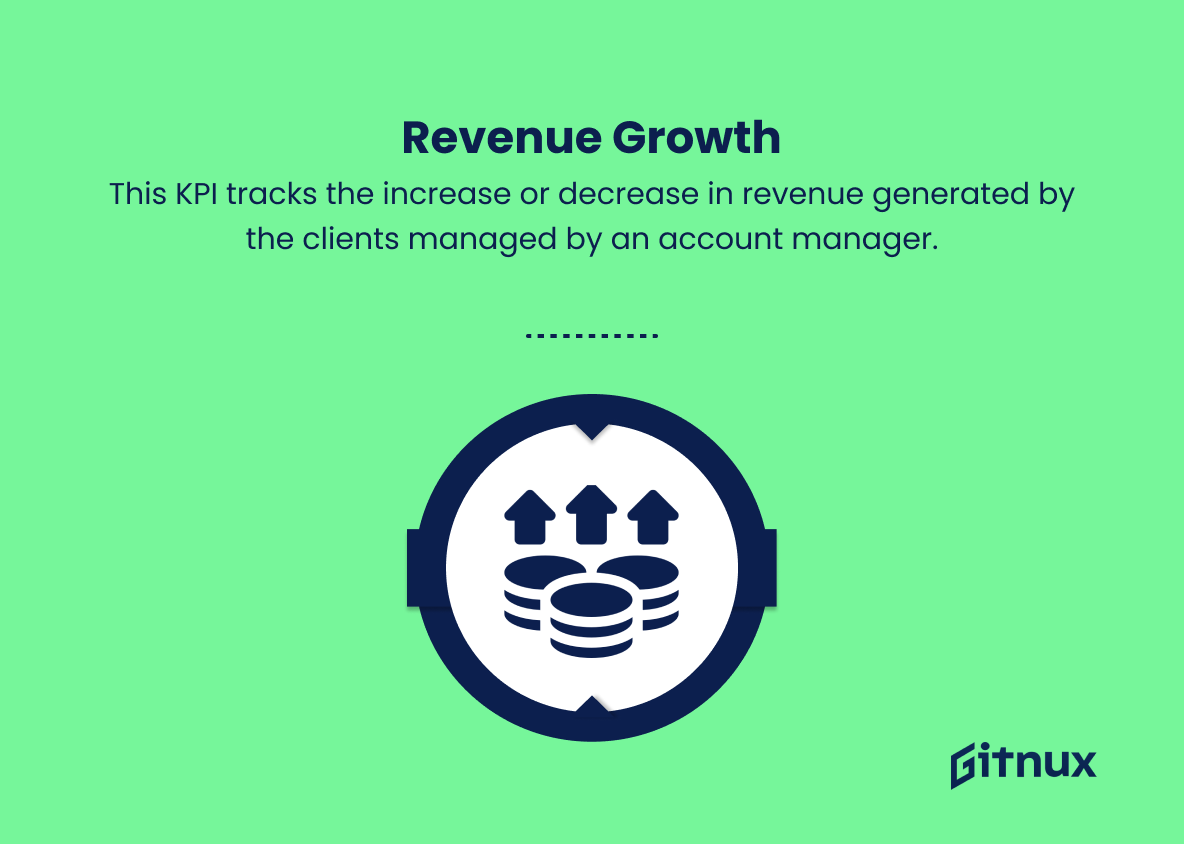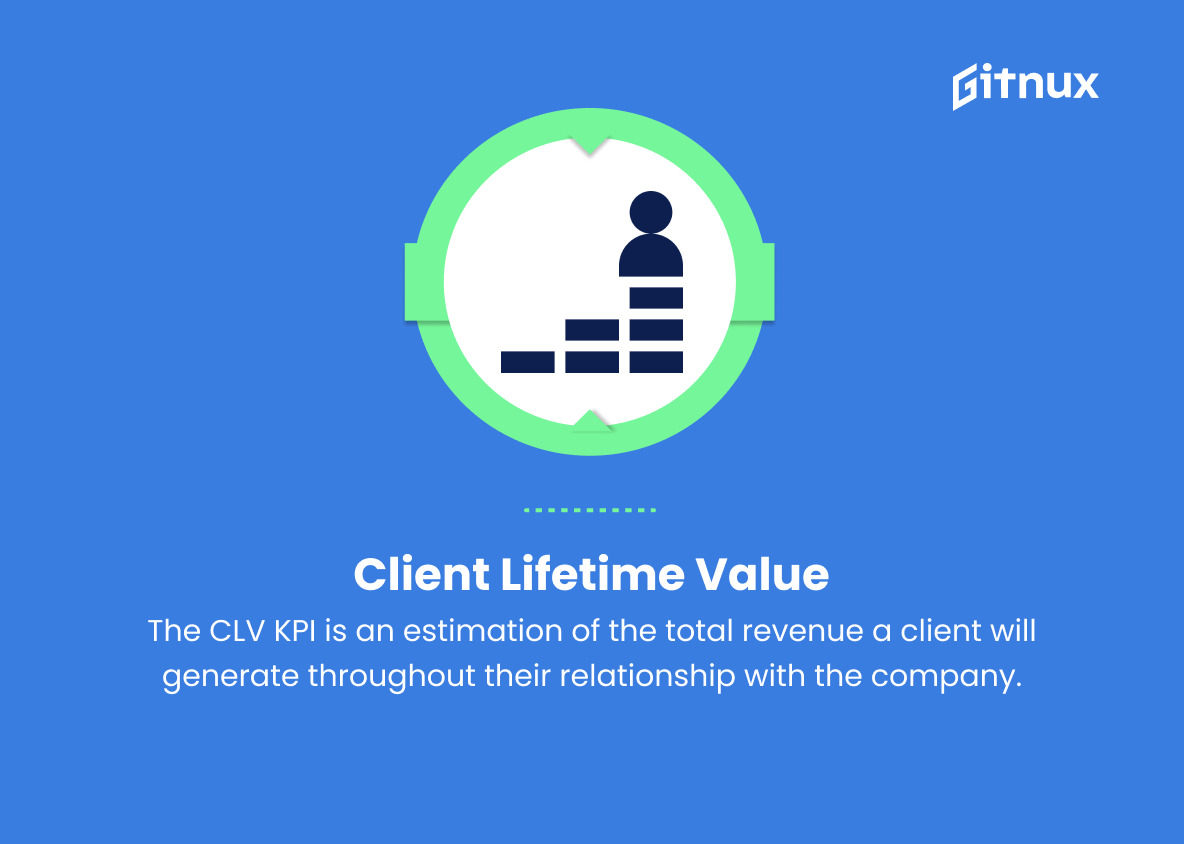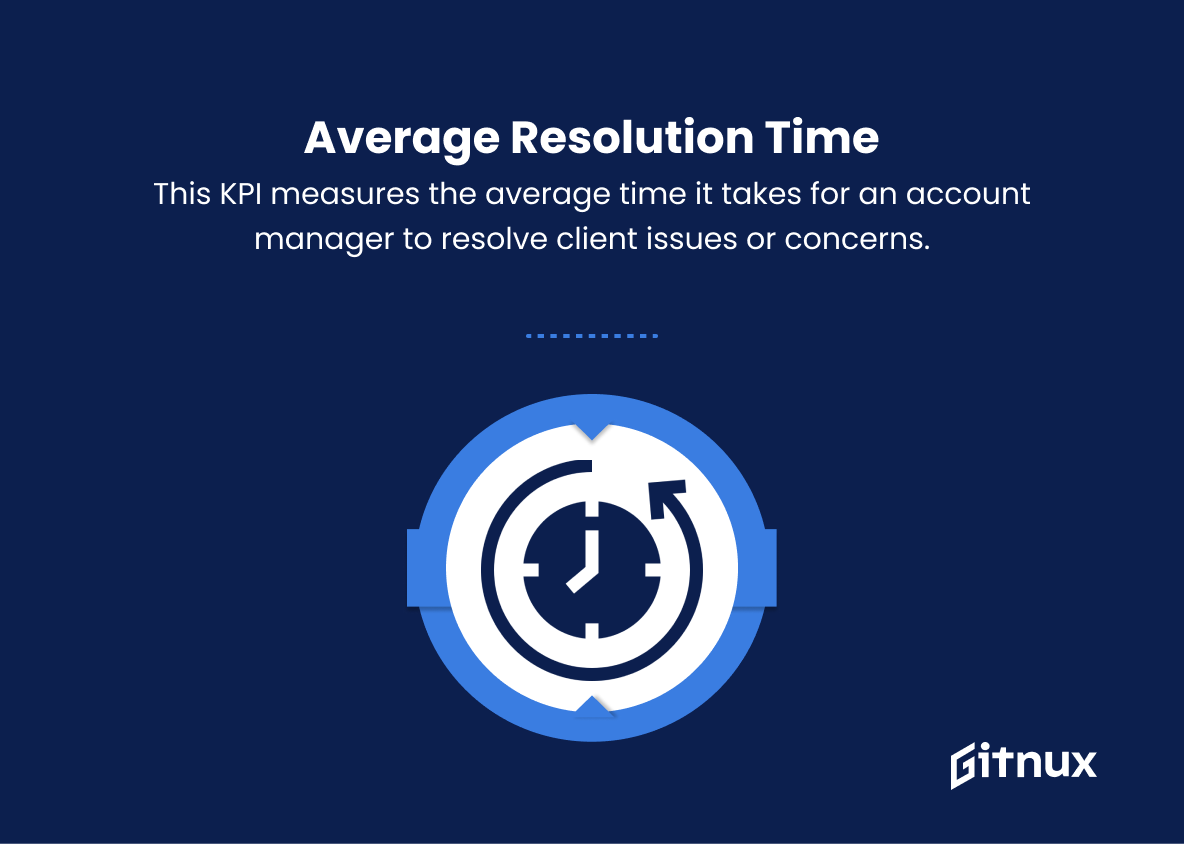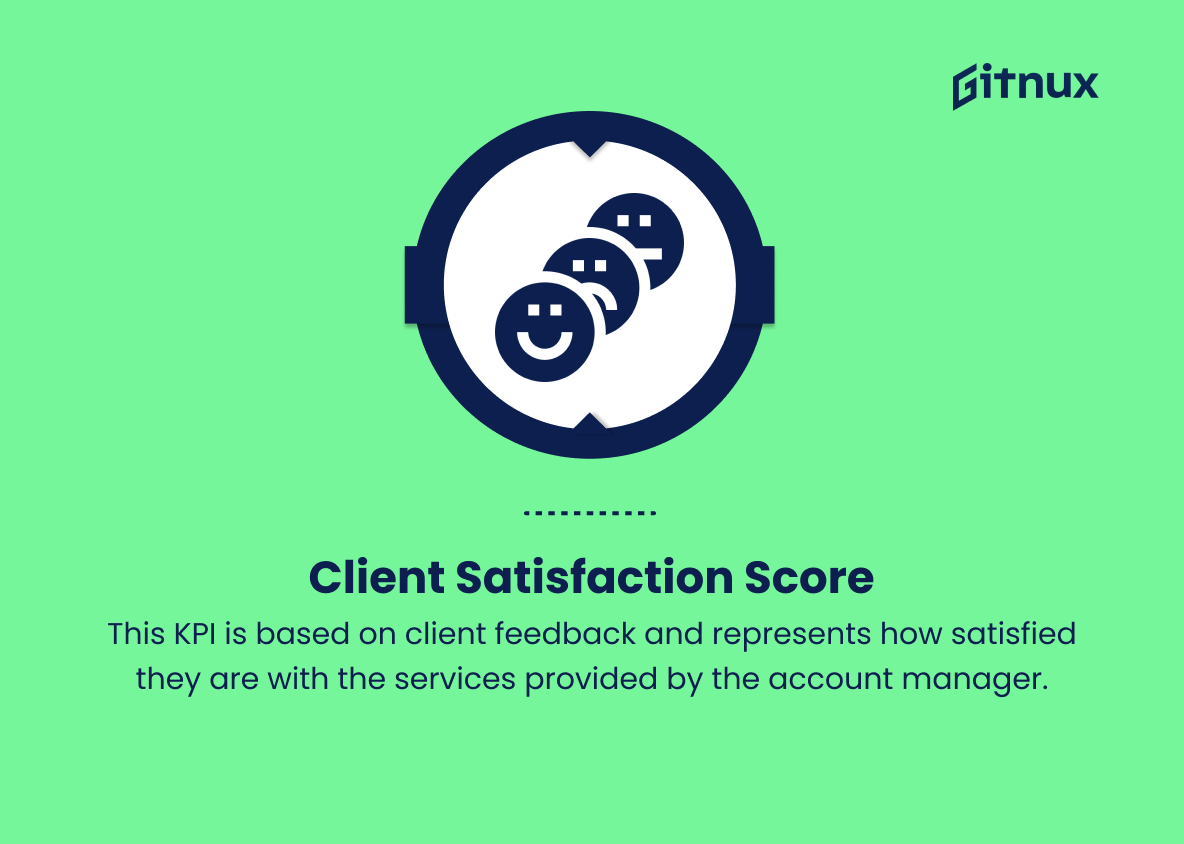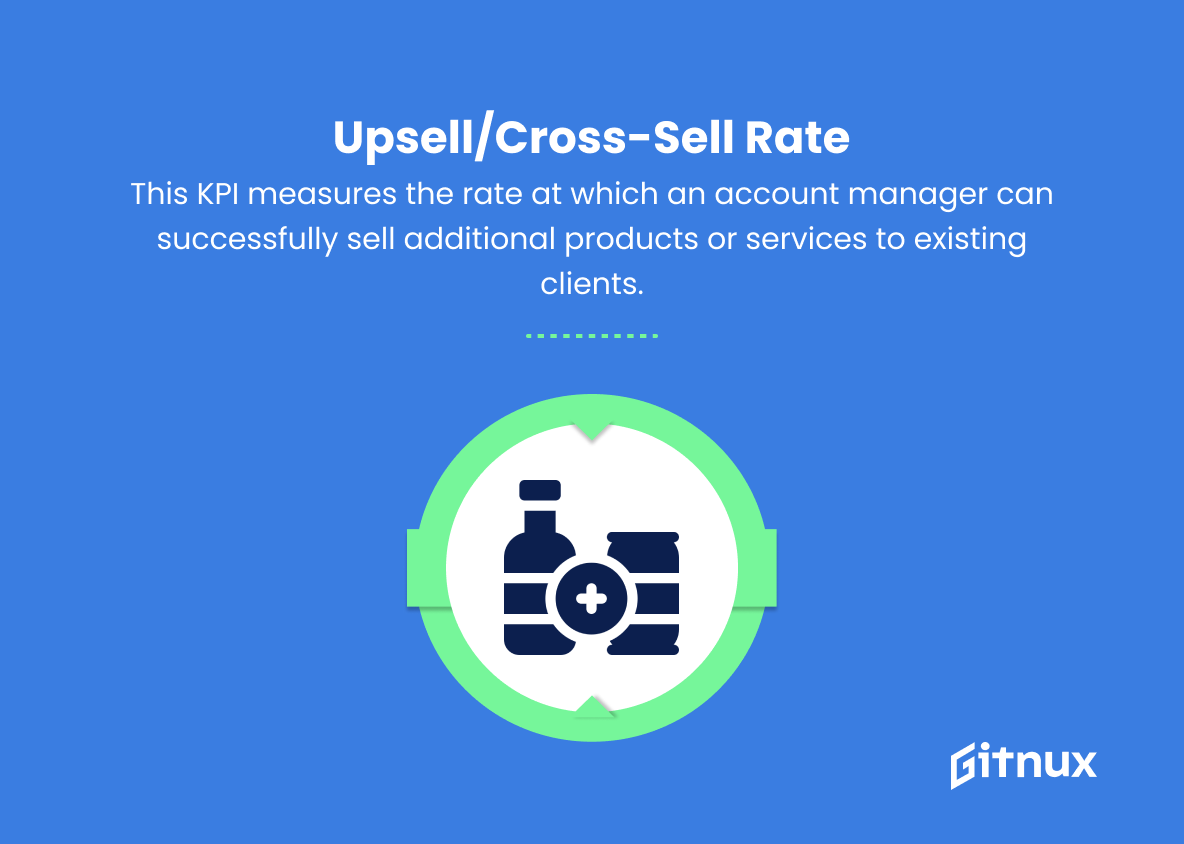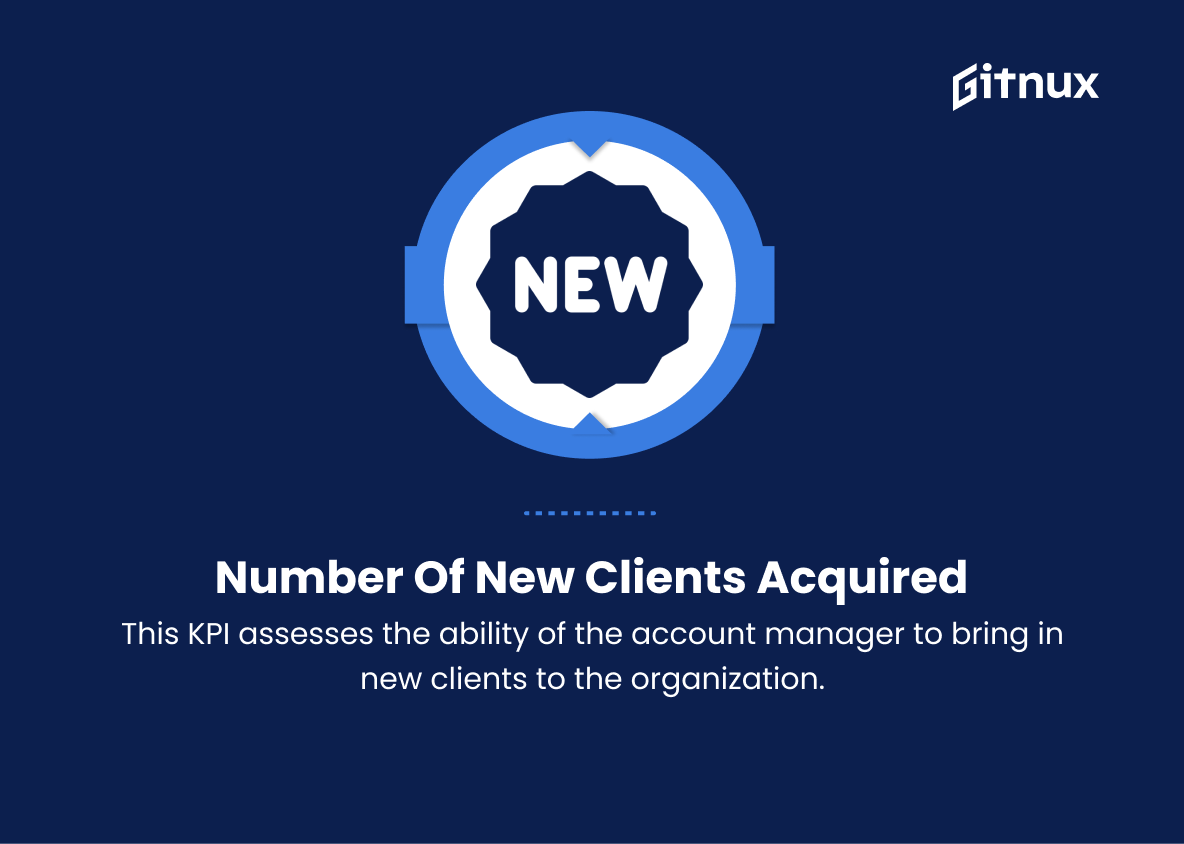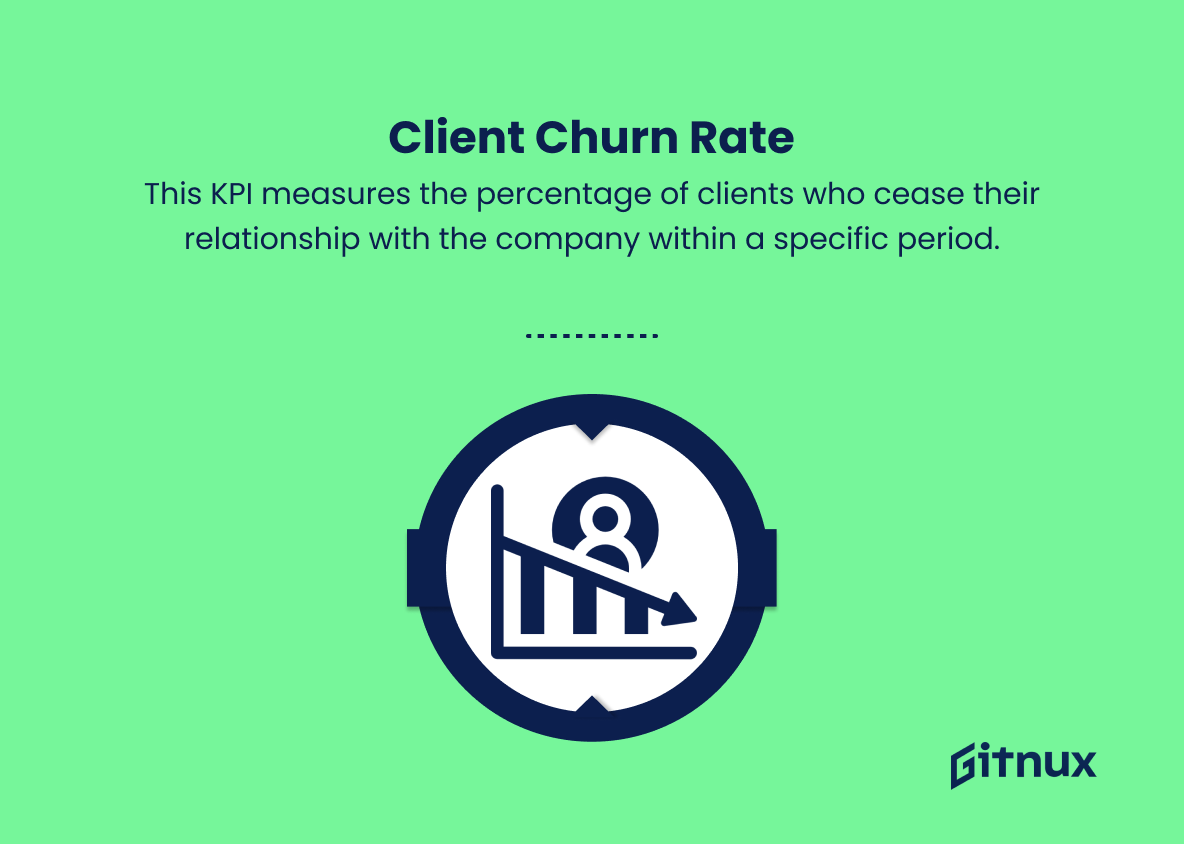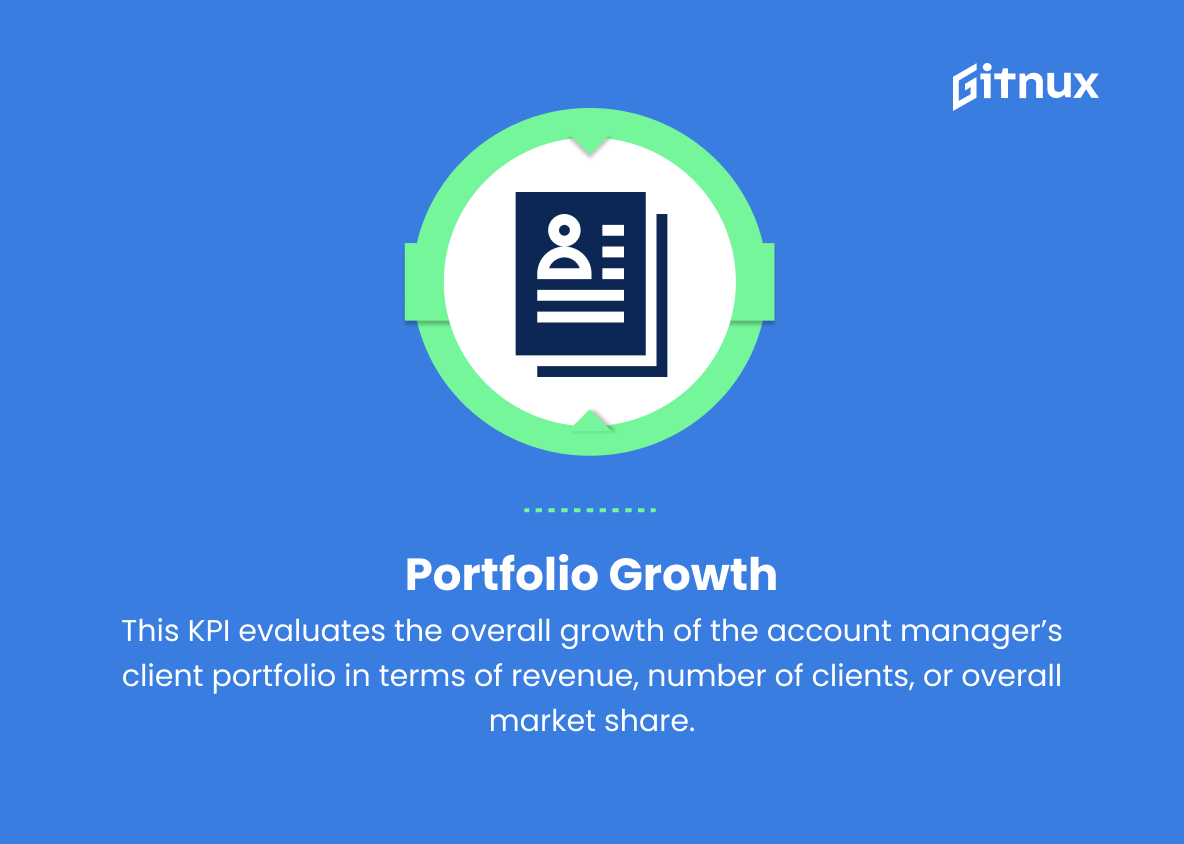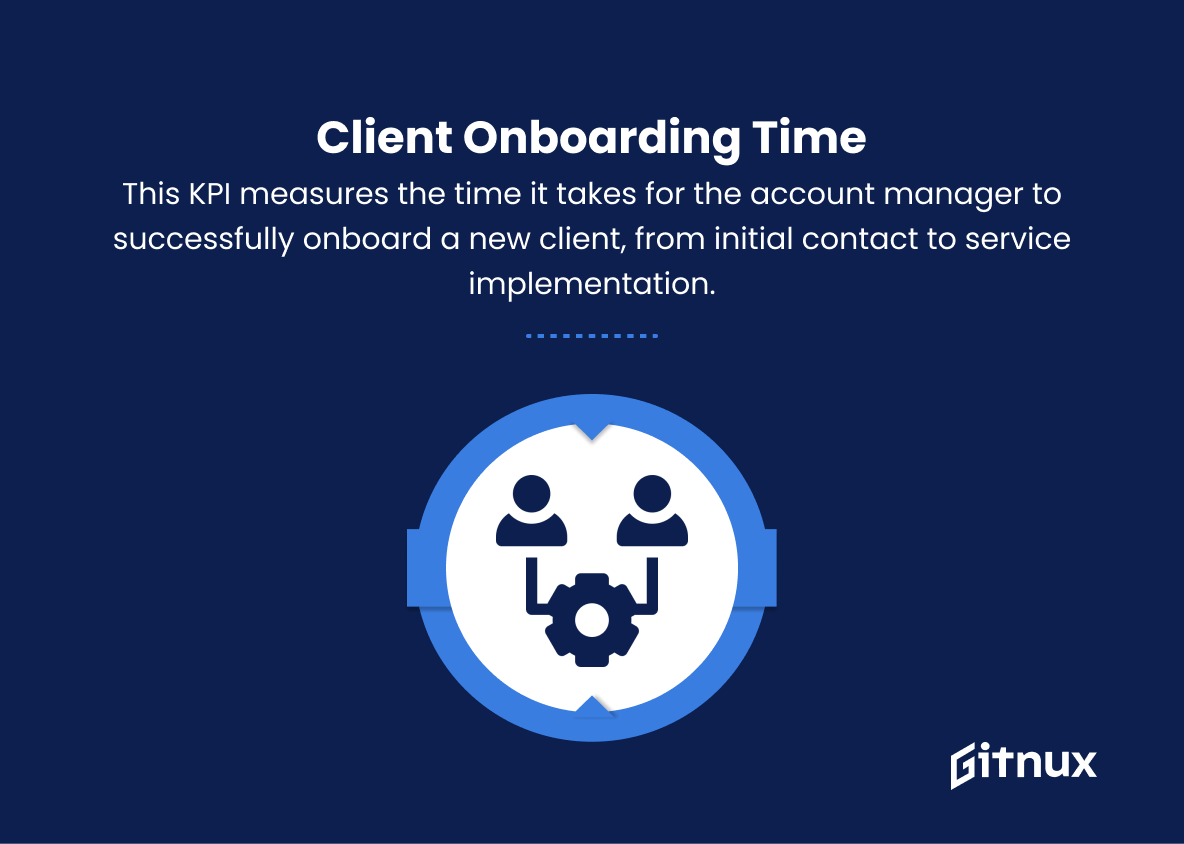In today’s fast-paced and results-driven business landscape, the role of an Account Manager has never been more crucial to ensuring continued growth and success for organizations across various industries. As key players in fostering strong client relationships, navigating complex sales cycles, and securing a solid revenue stream, Account Managers must continuously rise to the challenge of delivering top-notch performance.
To effectively measure and monitor their proficiency, it becomes essential to identify the right KPIs (Key Performance Indicators) that not only align with organizational objectives but also empower these talented individuals to succeed at their roles. In this comprehensive blog post, we delve deeper into the world of Account Manager KPIs, offering relevant insights and actionable strategies for managing, tracking, and optimizing these crucial metrics. So, join us as we explore the all-important KPIs that can make a tangible difference to both your Account Managers’ professional growth and your organization’s bottom line.
Account Manager KPIs You Should Know
1. Client Retention Rate
This KPI measures the percentage of clients that an account manager can successfully retain over a specific period. High retention rates indicate strong relationships between the account manager and their clients, while low rates signal potential dissatisfaction or a need for improvement.
2. Revenue Growth
This KPI tracks the increase or decrease in revenue generated by the clients managed by an account manager. Positive revenue growth indicates that the account manager is contributing to the overall success of the organization by growing the client base or upselling existing clients.
3. Client Lifetime Value (CLV)
The CLV KPI is an estimation of the total revenue a client will generate throughout their relationship with the company. The higher the CLV, the more valuable the client, and the better the account manager is at nurturing long-term, profitable relationships.
In today’s fast-paced and results-driven business landscape, the role of an Account Manager has never been more crucial to ensuring continued growth and success for organizations across various industries.4. Average Resolution Time
This KPI measures the average time it takes for an account manager to resolve client issues or concerns. Shorter resolution times indicate efficient problem-solving abilities.
5. Client Satisfaction Score
This KPI is based on client feedback and represents how satisfied they are with the services provided by the account manager. High satisfaction scores can lead to increased client retention and loyalty.
6. Upsell/Cross-sell Rate
This KPI measures the rate at which an account manager can successfully sell additional products or services to existing clients. A high rate indicates that the account manager is proficient in identifying client needs and offering appropriate solutions.
7. Number of New Clients Acquired
This KPI assesses the ability of the account manager to bring in new clients to the organization. A consistently growing number of new clients signifies strong prospecting and sales skills.
8. Client Churn Rate
This KPI measures the percentage of clients who cease their relationship with the company within a specific period. A low churn rate suggests that the account manager is effectively managing client relationships and meeting their needs.
9. Portfolio Growth
This KPI evaluates the overall growth of the account manager’s client portfolio in terms of revenue, number of clients, or overall market share. A growing portfolio demonstrates the account manager’s success in building and maintaining valuable client relationships.
10. Client Onboarding Time
This KPI measures the time it takes for the account manager to successfully onboard a new client, from initial contact to service implementation. Shorter onboarding times indicate efficient processes and strong communication between the account manager and the client.
Account manager KPIs are crucial in evaluating the effectiveness and success of their role within an organization.Account Manager KPIs Explained
Account manager KPIs are crucial in evaluating the effectiveness and success of their role within an organization. They provide insights into various aspects of the account manager’s performance, such as client retention, revenue growth, and satisfaction levels. High client retention rates and extensive revenue growth indicate that account managers possess strong relationships and are contributing to the organization’s success. Key performance indicators such as CLV, resolution time, and client satisfaction scores help determine the account manager’s ability to build profitable, long-lasting relationships while effectively addressing client concerns.
Upsell/cross-sell rates and the number of new clients acquired showcase the sales and prospecting skills of the account manager. Low client churn rates and growing portfolios signify the ability to manage relationships and meet their needs effectively. Lastly, a shorter client onboarding time reveals the account manager’s efficiency in process implementation and communication, ultimately leading to better overall client management. In conclusion, these KPIs are vital for determining the effectiveness of an account manager and their impact on the organization’s growth and success.
Conclusion
In summary, effective account manager KPIs are crucial for assessing and improving the overall performance of account management teams in any organization. By monitoring the right performance indicators, such as revenue growth, client retention, client satisfaction, and cross-selling, businesses can ensure that their account managers are delivering results and nurturing long-lasting relationships with clients.
It’s essential for companies to establish a culture of continuous improvement and data-driven decision making, with KPIs serving as valuable tools for identifying strengths and weaknesses in account management. By incorporating these performance indicators into regular evaluations, training programs, and retention strategies, businesses can foster the growth and success of their account management teams, leading to increased profits and long-term customer loyalty. Don’t underestimate the importance of tracking and measuring these KPIs – the future of your organization could depend on it.
